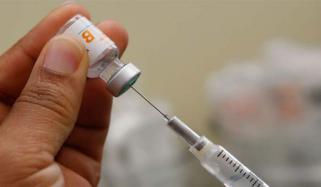
The director of the National Institutes of Health, Jay Bhattacharya, explained why the federal government wound up $500 million in contracts for developing messenger RNA (mRNA) vaccines, stating that the platform is not viable because of a lack of public trust.
Previously, US Health and Human Services Secretary Robert F. Kennedy Jr. announced a wind-up contract of $500 million.
A move that affects an industry already facing several issues due to other public funding reductions.
In Vermont, companies such as Vernal Biosciences are already standing as major players as mRNA manufacturers.
An immunologist and expert such as Dev Majumdar, at the University of Vermont, defends mRNA technology, underscoring its effectiveness during the COVID-19 pandemic and remarkable potential in combating other diseases such as cancer and Respiratory Syncytial Virus (RSV).
He issued a warning that political scepticism is now suppressing public trust in scientifically sound innovations.
For the study, Vernal Biosciences, based in Colchester, generated lipid nanoparticles and mRNA.
Its founder, Christian Cobaugh, highlighted the impact of funding cuts, which resulted in halting projects mid-contract, costing six-figures short-term and seven figures long-term.
In addition, these cuts have mainly affected infectious disease vaccine research.
He further warned that while the US won’t be entirely prepared for future pandemics, its readiness will be compromised.
Cobaugh further criticised increasing public reliance on renowned political figures over scientific reasoning, stating that it sabotages progress.
Majumdar raised concerns that continued disinvestment may lead to “lost generation” of scientists disheartened by less support, undermining further progress in health innovation.
















